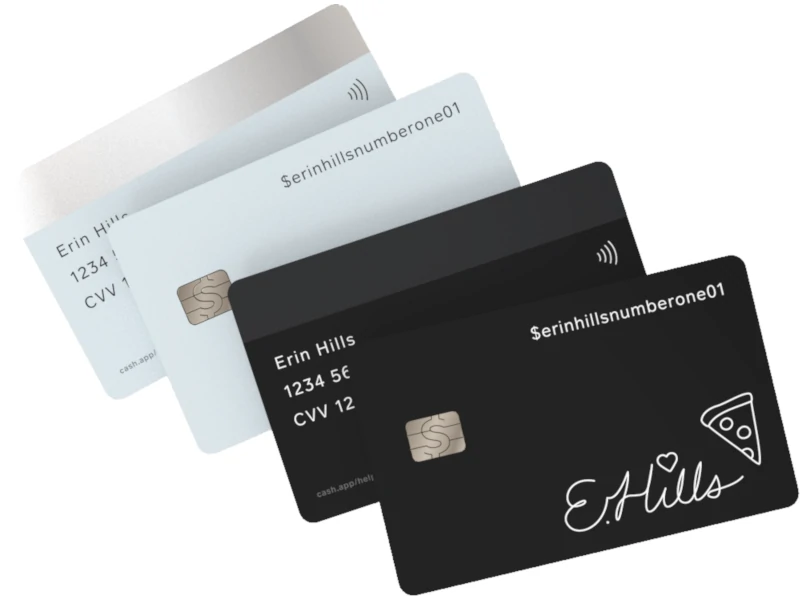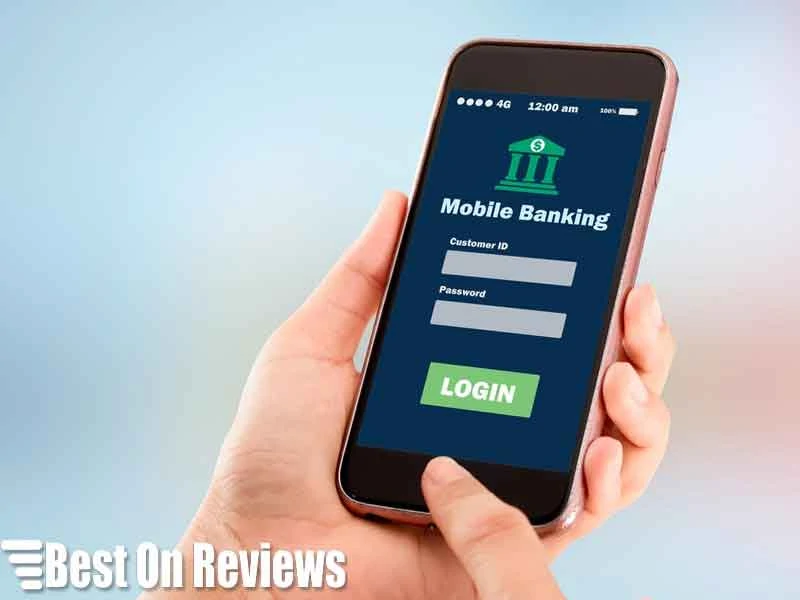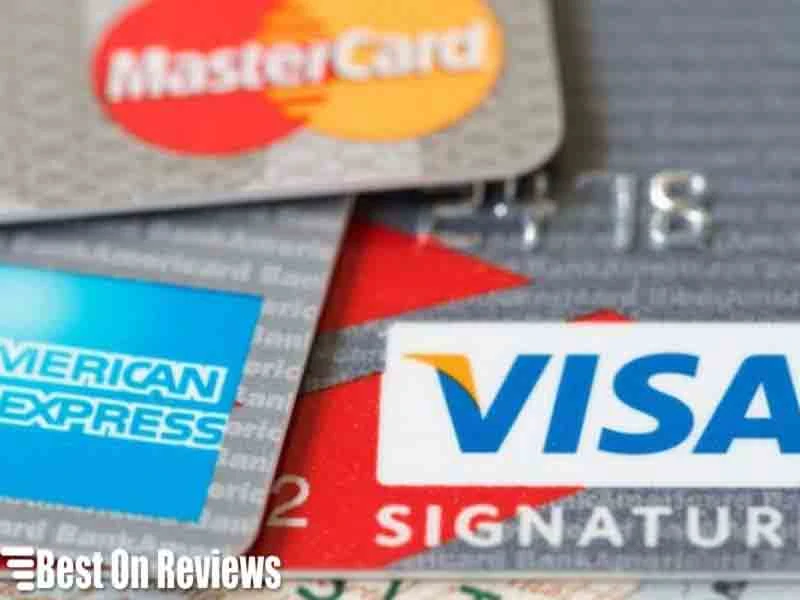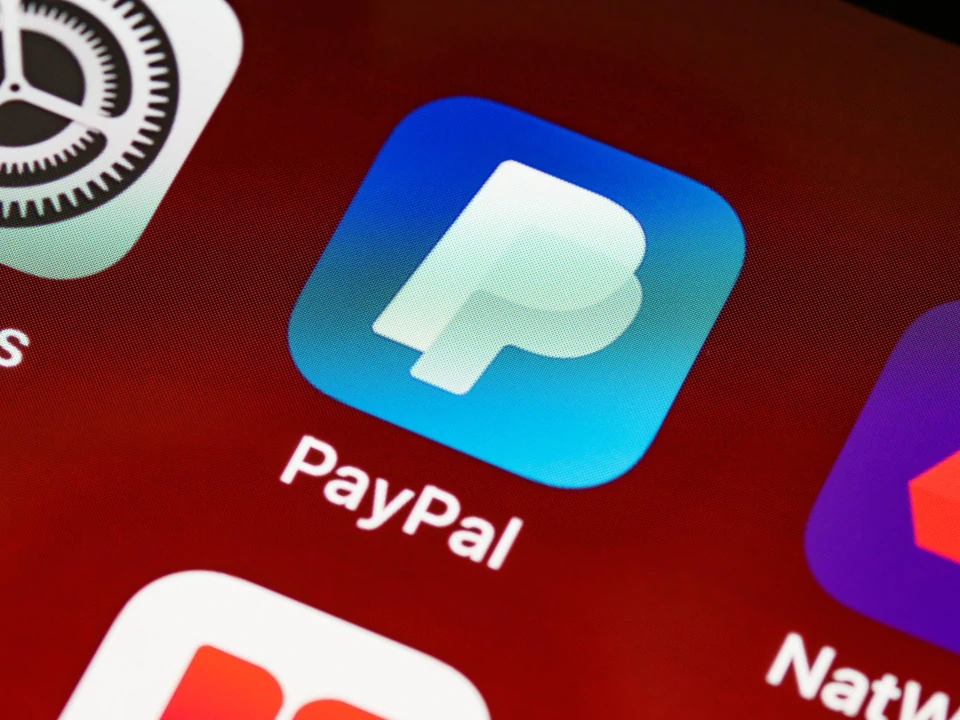Is Cash App FDIC Insured – Will Your Money Be Safe?
Is Cash App FDIC insured?
If you have a Cash Card, the funds in your Cash App account are insured by the FDIC through partner banks.
That said, there are caveats.
You should not use Cash App as a substitute for a bank account because your transactions are not federally insured.
We’ll discuss some specifics about this topic below.
What is the FDIC?
The Federal Deposit Protection Corporation (FDIC) is one of two agencies in the United States that provides deposit insurance to depositors in depository institutions.
The National Credit Union Administration, on the other hand, regulates and insures credit unions.
The FDIC guarantees bank deposits, which means that the money in your account is protected if the bank fails.
The FDIC also inspects banks to make sure they comply with consumer protection laws and other regulations.
The FDIC instills trust in banks and the financial sector as a whole.
This means when you see the FDIC emblem on a financial institution, you know it’s safe to store your money there.
Is Cash App FDIC Insured?

Is Cash App FDIC insured?
If you have a Cash Card, the funds in your Cash App account balance are FDIC insured through partner banks (FDIC “pass-through” insurance).
The FDIC insures qualified accounts up to a maximum of $250,000 per Cash App client.
NOTE: Bitcoin and investment balances are not insured by the FDIC.
How Does Cash App Provide FDIC Insurance?

Lincoln Savings Bank issues Cash App’s Bank Account, and Lincoln Savings Bank is an FDIC-insured financial company with locations throughout Iowa.
In this case, the funds are held at the bank or another FDIC-insured institution.
Although Cash App is not a bank, it works like a bank with the help of Lincoln Savings Bank.
So, Cash App can provide FDIC insurance up to $250,000 for each client. This is the same amount of insurance all other banks give their clients.
Is the FDIC Responsible for Money Lost Due to Fraud?
No, the FDIC insures deposits per institution, which means that if your bank fails, your money is covered up to $250,000.
Individual transactions are not covered by insurance.
Is Cash App a Safe Bank?
Cash App is not a bank.
Instead, it’s a financial services platform.
Banking services are provided by the Cash App partner bank options below:
- Lincoln Savings Bank
- Sutton Bank
Cash App Investing, LLC is a member of FINRA/SIPC, a subsidiary of Block, Inc., and provides brokerage services.
Is Cash App Safer Than Venmo?

Cash App is relatively safer than Venmo.
For both Apps, money sent through banks and credit cards is FDIC guaranteed.
This means if you have money in a bank and the bank fails, your money is still secured by the FDIC.
Venmo money, however, is not FDIC insured.
If you have a habit of leaving money in your Venmo account and Venmo goes out of business or bankrupt, your money may be lost.
On the other hand, your balance in Cash App is FDIC insured up to $250,000 through its partner banks.
In addition, Cash App’s transactions cannot be seen by anyone other than you.
Suppose you set your payment activity and privacy settings on Venmo to the public.
In that case, the transaction will be posted on the public feed, and anybody with access to the internet may be able to see it.
If you set it to for friends only, your Venmo friends can still see the transactions you make.
This is not the case with Cash App, which the short video discusses in more detail below:
Read our related article on How to Transfer Money From Venmo to Cash App. Thinking of switching to Cash App? Here’s how to easily transfer funds.
How to Use P2P Money Transferring Apps Safely
When using P2P apps, such as Cash App, you should always transfer your money with caution.
Is Cashapp safe to use with strangers?
While it’s technically safe, we recommend that you check twice before sending money to anyone online, and don’t transact with someone you don’t know.
That being said, all P2P payment information is encrypted.
So, unless you mistakenly share your login information or PIN with someone, they cannot get access to your account.
If you want enhanced security to know the money you keep in the account is FDIC-insured, consider using P2P payments through your bank.
Read our related article on How to Change Cash App PIN. If you think someone has gained access to your account, here’s how to change your PIN number.
FAQs
Is My Balance On Venmo FDIC Insured?
No, your balance in Venmo is not FDIC-insured.
Is PayPal FDIC Insured?

The Federal Deposit Insurance Corp. (FDIC) does not directly protect PayPal since it is not a bank.
That being said, customers’ funds are FDIC-insured up to $250,000 through the partner institutions that hold them.
Read our related article on How to Transfer Money From PayPal to Cash App. Send money between these two apps using these methods!
Is Chime FDIC Insured?
Chime offers financial services through a collaboration with Bancorp Bank or Stride Bank, N.A.
Since the Federal Deposit Insurance Corporation (FDIC) insures both banks, this means the federal government protects your deposits up to $250,000.
Read our related article on How to Link Cashapp to Chime. Here’s how you can transfer money between these apps!
Is Zelle FDIC Insured?
Zelle transfers money directly to and from FDIC-insured bank accounts, so you can rest assured that the money you send or receive is covered up to $250,000 per account.
Zelle money is never held in a third-party location. As a result, your money is always safe.
